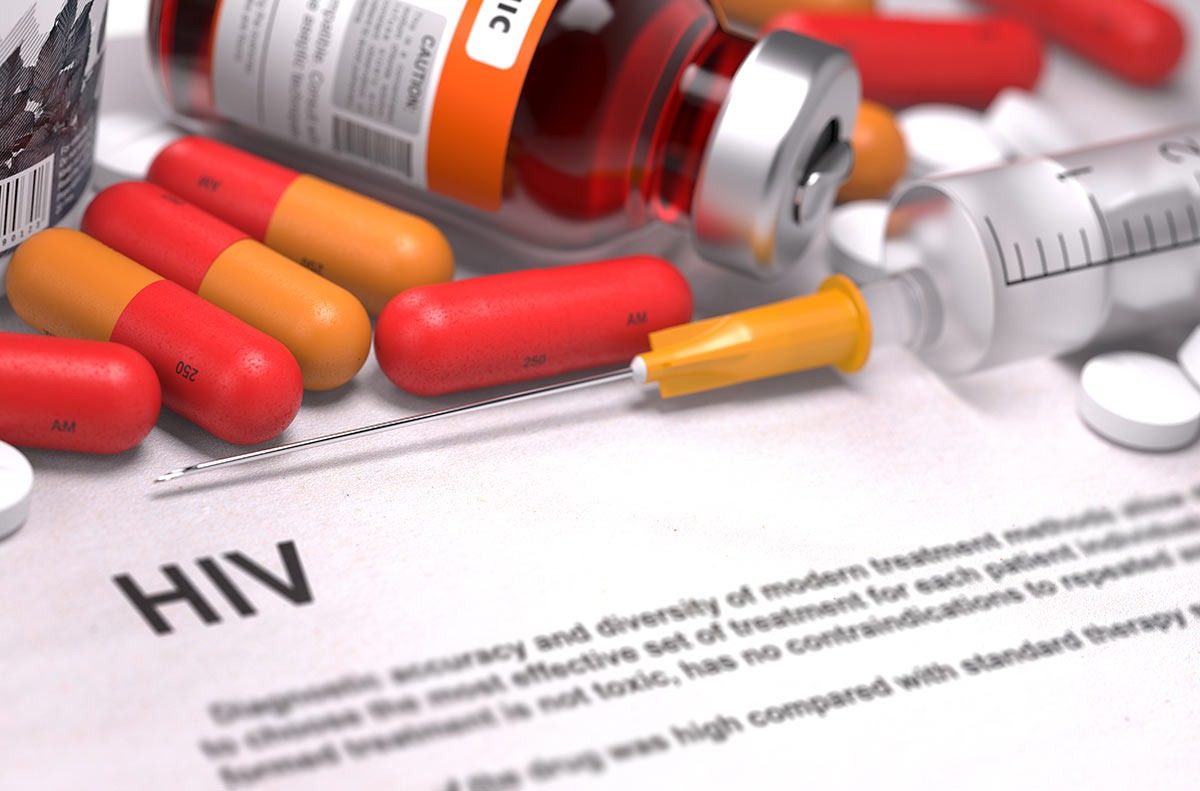Located at 20 Old Brompton Road – Just Steps from ![]() South Kensington Tube. Easy Access, Always.
South Kensington Tube. Easy Access, Always.
Human immunodeficiency virus (HIV) is a well-known STI. When HIV became known, the risk after HIV tests death was high and scared many people in London and around the world, but with scientific research, HIV has become entirely manageable. Most people infected with HIV can live a normal life with the right medication.
Early HIV detection and treatment are vital in preventing the spread of HIV and managing its effect. You can only know if you’ve contracted HIV when you get tested.
Undergoing an HIV test can be scary, but delaying the test will only cause more harm if you are positive. When you visit our clinic for a HIV test, our doctor can discuss your concerns, guide you through the testing and offer treatment options, including ongoing care. Our sexual health testing is discreet and confidential.
We provide different tests, including instant testing options, to give you your result on the same day. It’s advisable to get regular HIV testing and sexual health check ups. If you experience symptoms, ensure you contact our clinic to book your HIV testing appointment.
HIV testing requires a small blood sample. Regardless of when you want the result, the testing procedure is the same. The healthcare provider will use a needle in your arm to collect a vial of blood for testing.
An HIV test cannot detect the infection immediately after contracting the virus. The HIV antibodies will take four weeks after exposure to get detected and give an accurate result. During the 28-day waiting period before your test, avoid sexual activity.
It takes about 28 days for the body to produce HIV antibodies, and taking your test earlier will result in a false negative.
Sexual health results are confidential. Results will be emailed to your booking email address, or we will follow instructions on results if and when provided.
At our clinic, the cost of the HIV Blood Test DUO, which includes testing for HIV1, HIV2, and the P24 antigen, is £64. You’ll receive your results within 24 hours during working hours, ensuring quick and confidential information for your peace of mind.
HIV (human immunodeficiency virus) is primarily transmitted through contact with bodily fluids, including vaginal and rectal fluids, semen, and blood. Engaging in unprotected oral, anal, or vaginal sex with an infected person, sharing injecting equipment, and receiving blood transfusions are common ways HIV can be spread. Additionally, an HIV-positive mother can transmit the virus to her baby during pregnancy, childbirth, and breastfeeding.
Once transmitted, HIV attacks and damages cells in the immune system, weakening your body’s ability to fight off diseases and infections.


Visit GP London at 20 Old Brompton Road, South Kensington, London SW7 3DL, for your Private HIV testing. You can also call us on 020 7043 4317 to book an appointment for your HIV test.
If you think you’ve had exposure to HIV, contact us immediately, and we will advise you on the right steps to take. Getting a test immediately isn’t recommended, and we advise waiting for four weeks after exposure to the virus to get an accurate result. Taking the test earlier may give a false negative result.
HIV testing doesn’t require any preparation. However, you should abstain from sex until you get your results.
HIV has no cure, but several effective treatments are available that allow most people with HIV to live a long, healthy life. Treatment for HIV can reduce the viral load to an undetectable level, reducing the risk of transmitting the virus to zero.
You can take several steps to prevent HIV infection. Ensure you use a condom for every sexual intercourse, including anal, oral and vaginal sex and reduce your number of sex partners. Regular testing for HIV helps you know your status to stop the spread of HIV.
You may also take pre-exposure prophylaxis, especially for men who have sex with men.
Yes, you can. Pregnant women require HIV testing because HIV can get transmitted from a pregnant woman to the child during pregnancy, breastfeeding or childbirth. Undergoing treatment during pregnancy can reduce the risk of transmitting HIV to the baby.
If left untreated, HIV can affect the immune system, making the body incapable of protecting itself from diseases. This makes common viruses like the common cold to be fatal. Cancers often occur in people with untreated HIV.
The average time from an HIV infection to death is 8 – 10 years for untreated HIV.
HIV is the virus that infects the body, while acquired immune deficiency syndrome (AIDS) is a potentially life-threatening illness and infection occurring when the immune system becomes weakened by HIV.
Untreated HIV will lead to AIDs, which is often fatal.
If you have HIV, you can still have a sex life. The doctor will explain how your medications will reduce your viral load to an undetectable level reducing the risk of transmitting HIV to zero. If your partner isn’t infected, taking PrEP is necessary.
Without HIV medication, the only guarantee to not spread the virus is abstaining from sex.
Studies on life expectancy for people with HIV show that infected people have a normal life expectancy with the right medication. Without HIV medication, life expectancy reduces drastically.